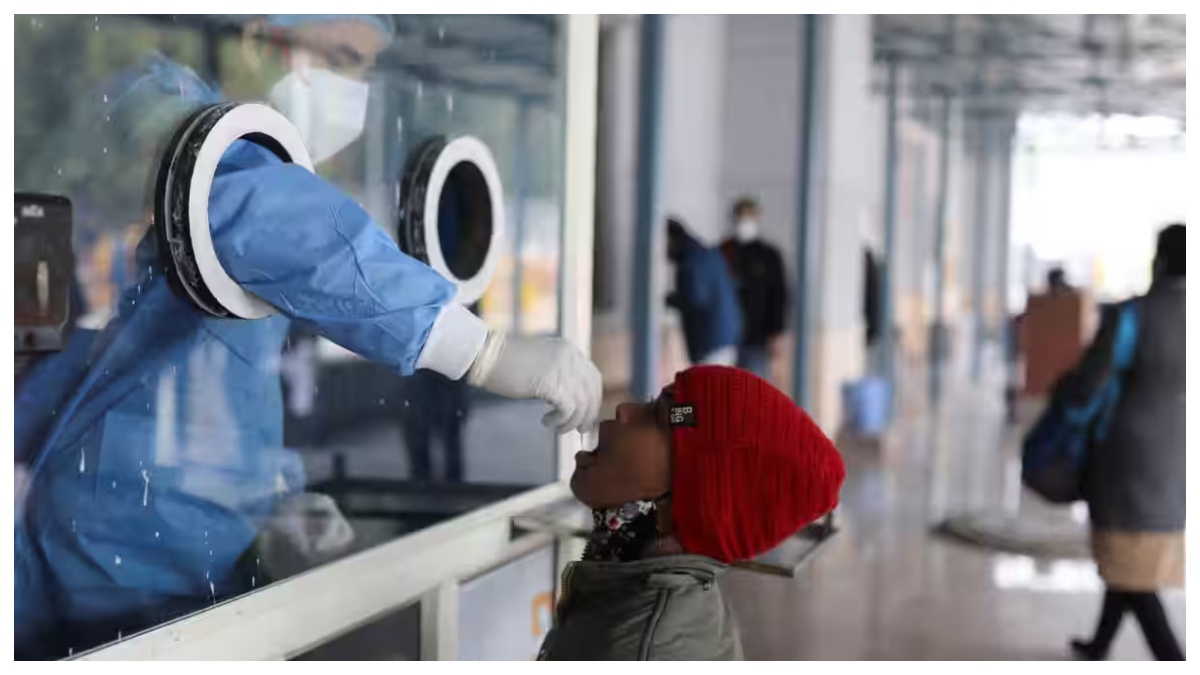New Delhi reported the first case of the JN.1 sub-variant on Wednesday, confirmed by city Health Minister Saurabh Bhardwaj while speaking with conversation with news agency ANI. The detection of the first case of JN.1 occurred in the capital city shortly after authorities sent multiple samples for genome sequencing, with one of them testing positive for the new variant.
“Out of the 3 samples sent for genome sequencing, one is JN.1 and two are Omicron,” Bhardwaj said. Earlier today, the Delhi Health Department reported nine new cases of Covid-19 in the city within the last 24 hours, bringing the total number of active cases to 35. Unfortunately, one individual with comorbidities passed away on Wednesday, with Covid not identified as the primary cause.
“The man was not from Delhi and was referred to a private hospital recently. He had multiple comorbidities and the Covid finding was incidental. The sample of the man has been sent for genome sequencing and a report is awaited,” explained an official to news agency PTI.
In the last 24 hours, India recorded 529 fresh Covid-19 infections, bringing the total active case count to 4,093. During this period, three new fatalities were reported, with two from Karnataka and one from Gujarat.
Additionally, 40 more cases of the Covid-19 sub-variant JN.1 were reported in India, bringing the total tally of this new variant to 109. Among these cases, 36 were detected in Gujarat, 34 in Karnataka, 14 in Goa, nine in Maharashtra, six in Kerala, four each in Rajasthan and Tamil Nadu, and two in Telangana, according to officials.
The Karnataka government, led by CM Siddaramaiah, has mandated the wearing of masks for individuals aged 60 and above, as well as those with comorbidities.
Despite a notable increase in Covid cases in recent weeks, authorities are not immediately alarmed as 92 percent of those infected are choosing home-based treatment, suggesting mild illness.
Nevertheless, the central government has directed all states and Union Territories (UTs) to ensure the effective implementation of operational guidelines for the revised surveillance strategy for Covid-19.












